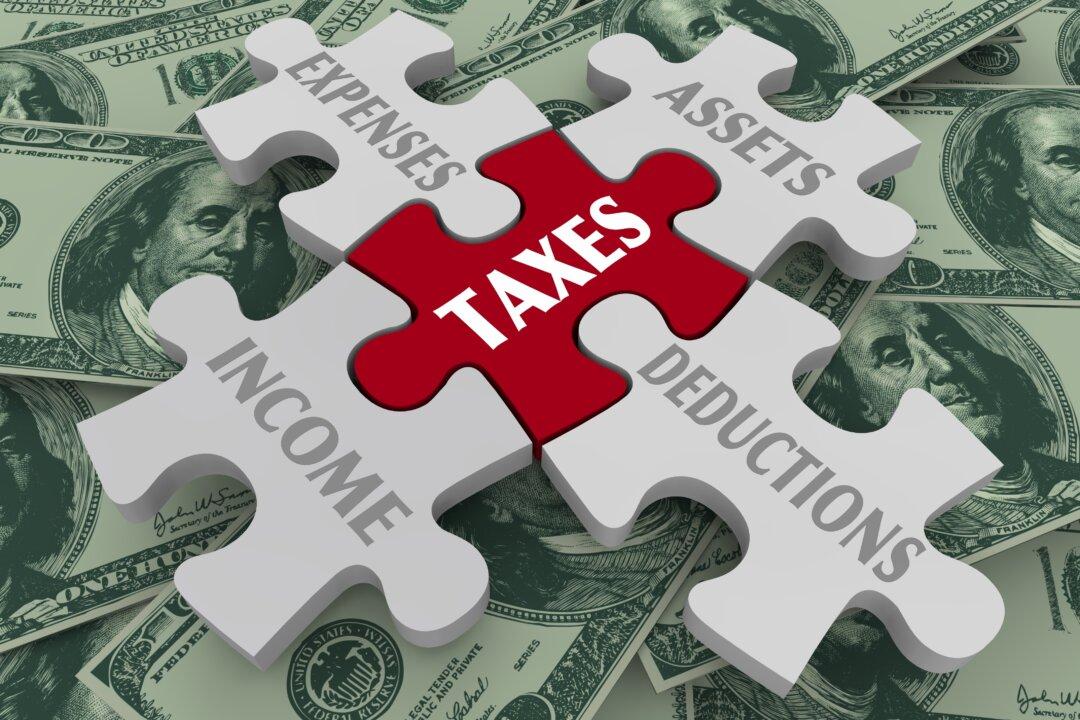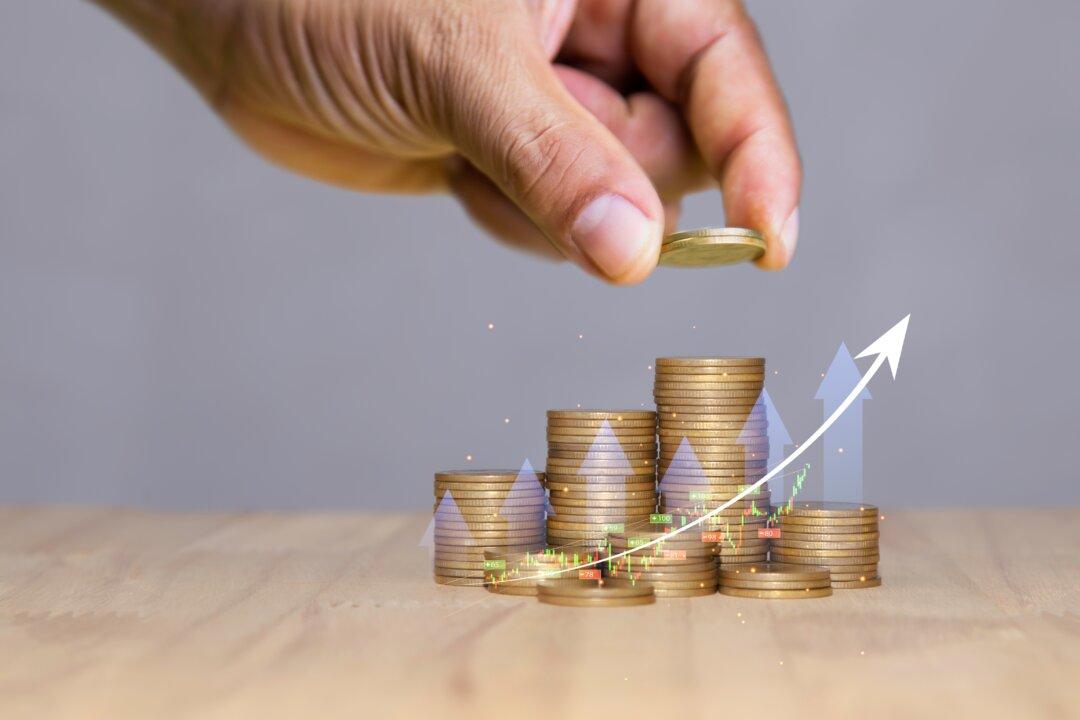All of us have been painfully aware of increasing prices these past two years, otherwise known as inflation. But even if it’s taken as a given that customers are expecting prices to go up, and the right set of circumstances presents itself for companies to increase their prices—perhaps higher than their own increases in costs—will that justify their being opportunistic?
Shrinkflation vs. Greedflation
In “shrinkflation,” corporations shrink the size of their products even as they continue to charge the same prices. Companies, especially those in the food and beverage industries, employ this tactic to try to subtly and surreptiously boost profits.“Greedflation” occurs when the product remains the same, but the company hikes the price to generate more profit. The idea is that even though production costs haven’t risen enough to justify price increases, companies carry out price increases anyway to improve their bottom line.






